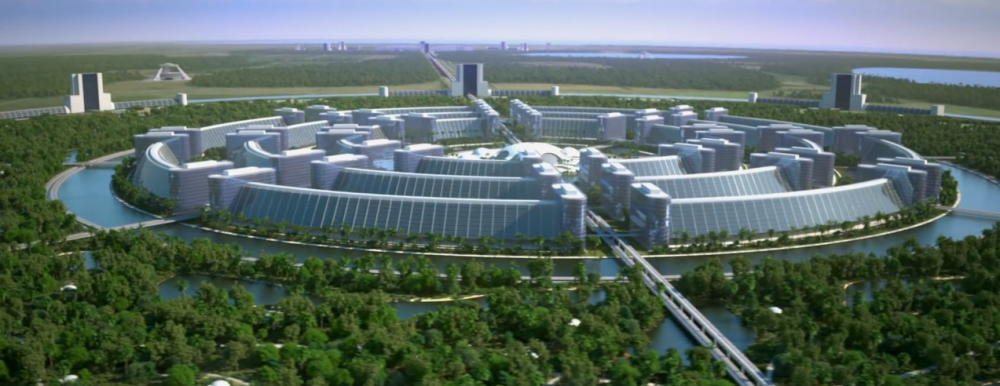When I first thought about the problem how to feed 9 billion people, I believed that the most important thing we should do would be to stop raising animals for food. I am not a vegetarian but I think there are several reasons why eating meat could create serious problems for our society, including making it difficult for us to feed 9 billion people. Whether you are raising animals indoors or in out in the field, raising animals requires a very large amount of land and because there is only so much land that can be used to produce food, we need to be very careful in how manage it. We need to be sure we are getting the most nutrition we can out of the land we have available. I am not an expert when it comes to nutrition or growing food but, my understanding is that you can feed a lot more people using land to grow grains, fruits, and vegetables then you can by using it to raise animals. That being said, I learned a lot of things in this class this year that both challenged and supported this point of view.
A couple of things I learned this year about the issue of land use came from a classmate of mine who grew up on a farm. He told me that the majority of the land in Canada is not suitable for growing food and that most of the work related to farming, like seeding and harvesting, is done by automated machinery. I found this information to be rather surprising. I knew you couldn’t just grow food anywhere but what I didn’t realize is just how small the amount of land that can be used for growing food really is. Also, I thought that there was still a lot of manual labor involved in farming. Taking this information into consideration really strengthened by belief that we should stop practicing animal agriculture. It showed me that land is actually a more valuable resource then I originally thought and, it made me realize that if we were to use the land primarily for growing plant based food products most of the work could be done without the need for human labor.
While I did learn a lot of stuff this year that supported the beliefs I had coming into the class, there were also things I learned that made me question and revaluate my ideas. One of the most important examples I can think of is when a presenter came into our class to talk about the Maasai. The Maasai are a group of people who live in Eastern African and struggle every day to get enough food. They rely almost entirely on cattle for nutrition, and even sometimes resort to drinking the blood of cows to sustain themselves. The Maasai live in an area of the world where growing edible vegetation is extremely difficult; therefore, they must rely on cattle to extract whatever nutrients are available from the land and to convert them into a more concentrated source of energy and nutrition. Learning this really made me question the idea that we could live off of an exclusively vegan diet. It made me realize that not every place in the world has land that is suitable for growing plant based food and even if you could grow food in other places and ship it to people like the Maasai, it would be too expensive. There are too many communities like the Maasai, and these communities are far too remote and isolated for shipping food to be a considered a realistic solution. Instead, these people must be supported in producing food using the land that is local to them, and they must do this by using any means necessary.
I could keep talking about land use, animal consumption, and what I learned in the University 201 for quite a while but unfortunately it would take too long. So, I’ll just finish by saying this. After thinking about the problem of how to feed 9 billion for roughly 4 months, I have made significant changes to the answer I would give. At first, I said that growing only plant based food products would be the best way to feed 9 billion people, but now what I would say is that I don’t know. I don’t know how to feed 9 billion people. If this class has taught me anything, it’s that global issues are far too complicated to be solved by any single answer. They require an incredible amount of cooperative planning, sharing of ideas and perspectives, ingenuity, and adaptive solutions in order solve them. But most importantly, they require a lot of compassion, and understanding that we are all have a role to play in solving them.
